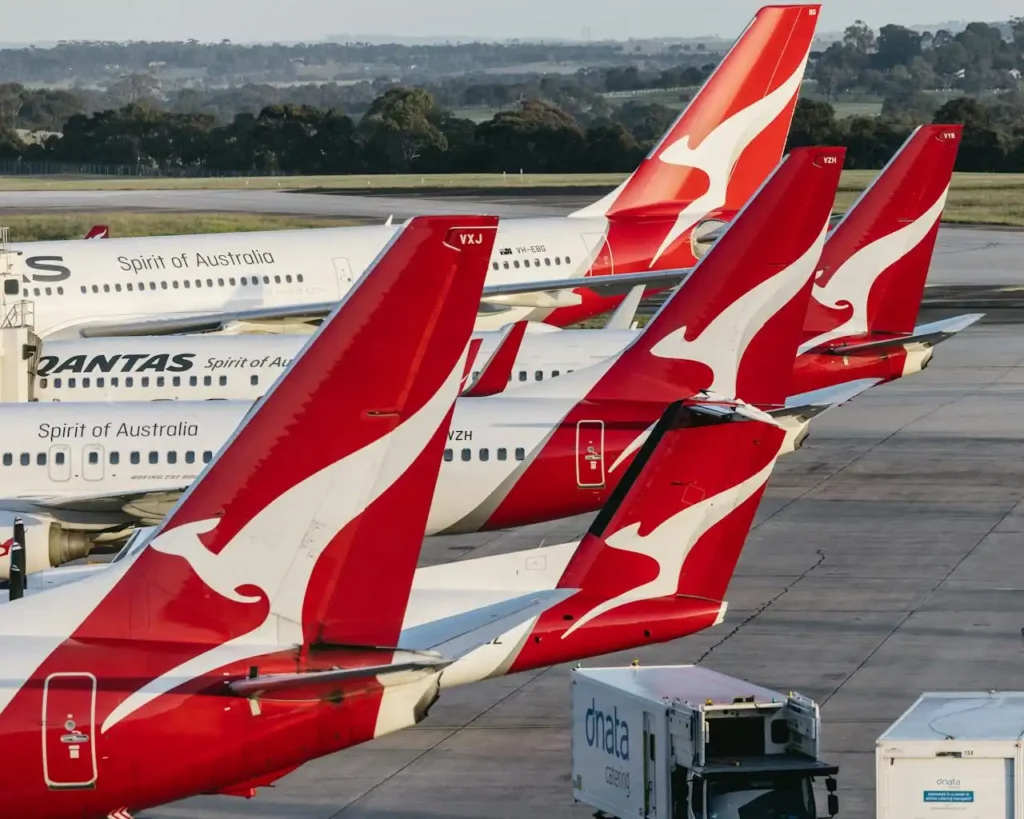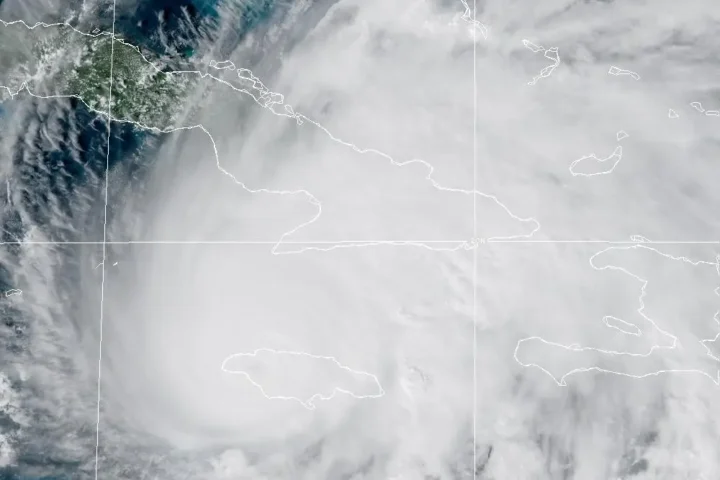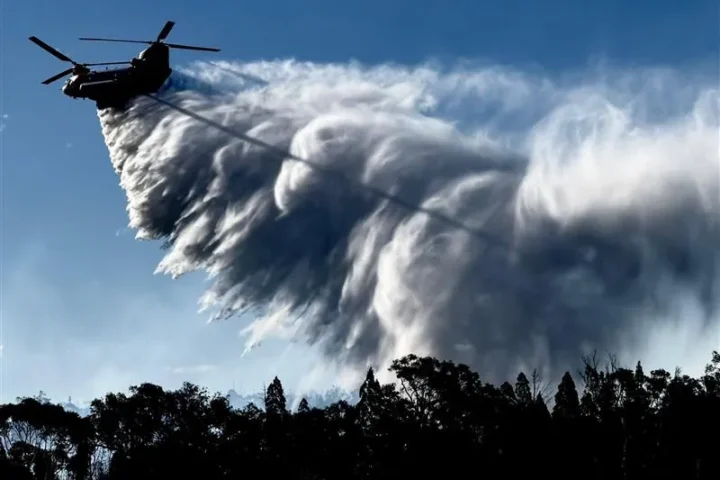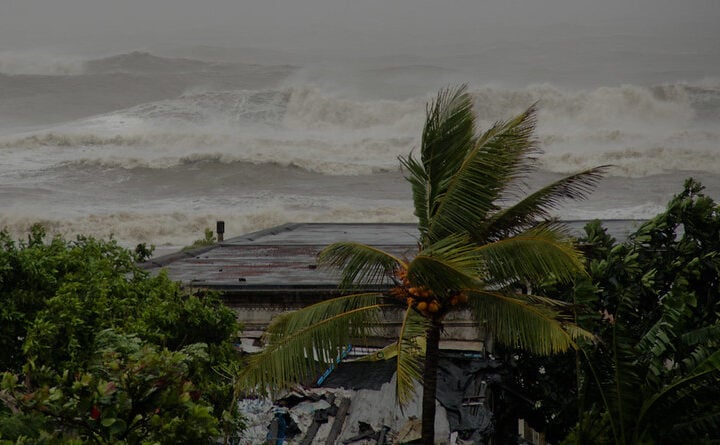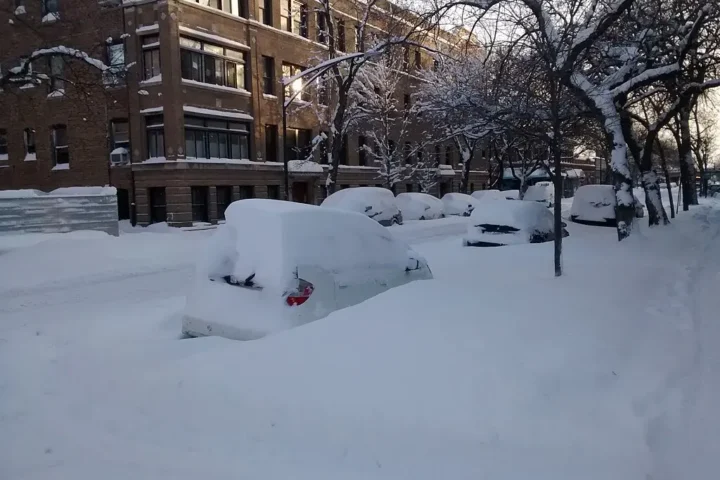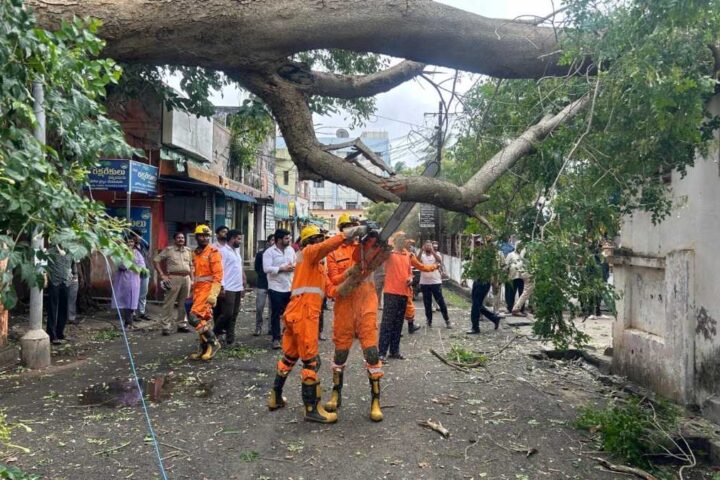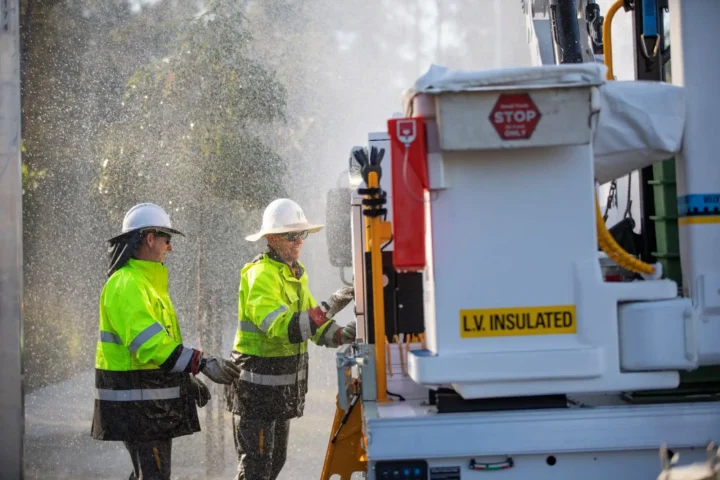Tuvalu: Sea-Level Rise, Statehood, and the Right to Stay
Tuvaluan leaders set out legal continuity and funding needs to protect daily life, statehood, and maritime boundaries under rising seas.
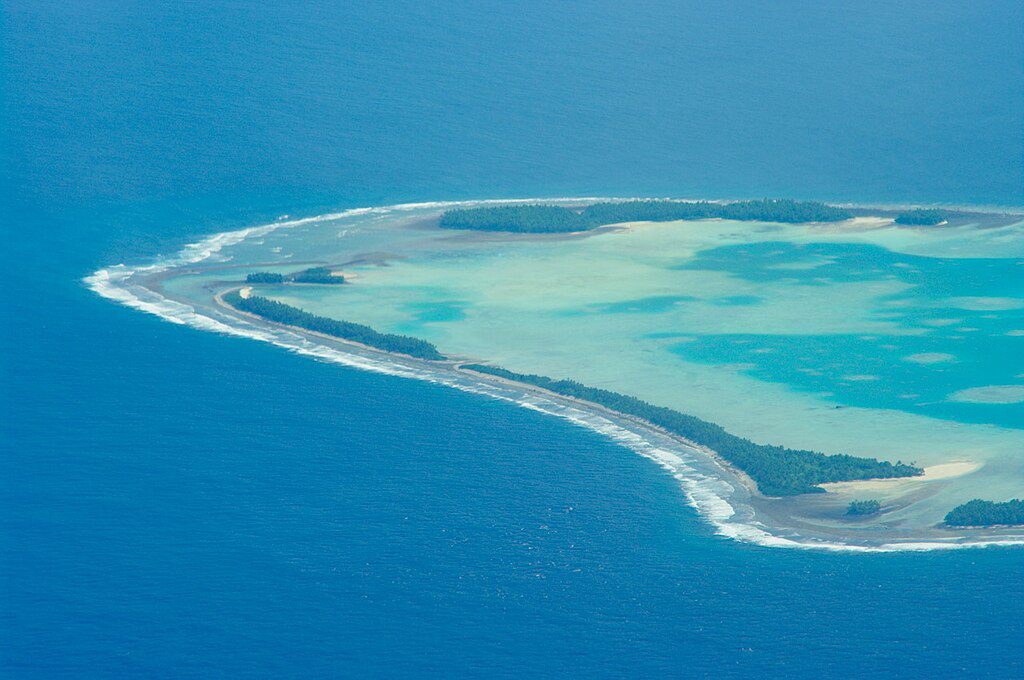
Tuvalu lists climate change and sea-level rise as security threats impacting food, water, health, and daily life. Leaders have asked major emitters to accept binding duties and called for rapid access to adaptation finance.
Statements were delivered during the UN General Assembly and public interviews; see links below.
Further context on law-based approaches appears in Karmactive’s coverage of advisory opinions.
Small island countries collectively identify an annual adaptation need of $12 billion$2 billion per year across 39 SIDS.
Access, speed, and non-debt instruments were raised as priorities.
UN General Assembly statements — Sept 2025
Calls recorded for binding obligations, protected boundaries, and operationalising the Loss and Damage Fund.
Constitutional amendment — 2023
Statehood affirmed in perpetuity; maritime boundaries set to remain permanent irrespective of sea-level rise.
Falepili Union — Entered into force 28 Aug 2024
Recognition of sovereignty and a mobility pathway including a ballot of up to 280 places per year.
ITLOS Advisory Opinion — 21 May 2024
Obligations under UNCLOS to address climate-related ocean harms including sea-level rise.
ICJ Advisory Opinion — 23 July 2025
Clarifies states’ obligations to cooperate and protect people and ecosystems from climate harm.
COP30 — Belém, November 2025
Financing and adaptation needs expected to remain central topics.
Quick 3-question check. No data collected.
Q1. Which year did Tuvalu’s constitutional amendment affirm statehood in perpetuity?
Q2. Current annual adaptation flows to 39 SIDS are approximately:
Q3. Which tribunal issued an advisory opinion on climate and the oceans on 21 May 2024?
Leaders described the intent to “stay in Tuvalu” while securing legal continuity and funding pathways. Reference clips appear via AJ English (social post). Related coverage on climate migration and coastal exposure at Karmactive includes visa applications and coastal city risk.
The module lists security risks, legal measures, financing levels, dated milestones, and learning prompts. The information provides a concise reference to current positions and timelines.


